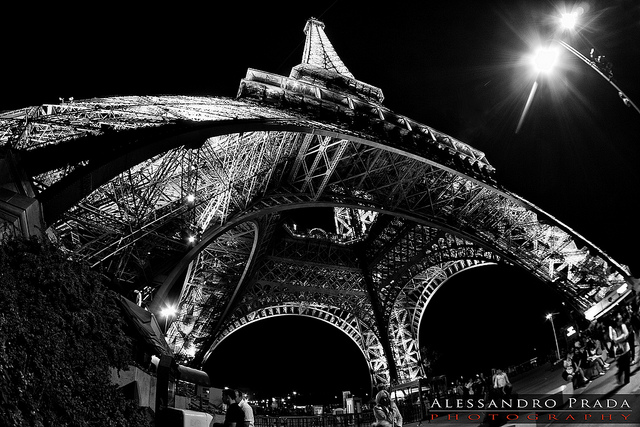One of my earliest memories as a child was watching ABC Nightly News hosted by the late, great Peter Jennings.
Unlike many of my peers, my mother didn’t keep the news off-limits to me—nothing on TV was off-limits to me. “You have to learn the ways of the world somehow,” she once said. As a result, I saw a lot of things—the aftermath of the Pan Am bombing and the footage of attacks in Northern Ireland carried out by the IRA for instance.
Some of these images frightened me, but my mother would always dismiss these fears by saying something like, “That’s what happens over there. These people have been killing each other for longer than you were born and probably will after you are gone.”
My mother wasn’t a very worldly woman—to this day she is in her 70s and never been outside the U.S.—but I didn’t realize that at the time. Like most children, I took the words of my mother as the gospel, and the message I was getting was loud and clear:
This sort of stuff doesn’t happen here in America. We are safe.
Fast forward years later: by the age of 24 I was an experienced world traveler with a MA in political science. Travelling had opened my eyes: the more places I went, the more I learned that people have more in common than they don’t.
By the age of 24, The Oklahoma City Bombing and 9/11 had occurred. I knew the US was not immune from terrorism.
I also was aware of the bombing in Beirut last week and was horrified by it. Losing one person in a terrorist attack is a tragedy.
However, I’ll admit that the attacks in Paris hit me a lot harder—and this has nothing to do with the fact that it happened in the West.
It also had nothing to do with the fact that ISIS later took responsibility for it. (As a political science major, I thought it was only a matter of time before they started attacks in the West.)
Rather, much of it had to do with the fact that in the past 15 years, I have been to Paris at least five times. I never lived there, but I felt I knew the place.
I also knew several people who were from there.
It was the connection I felt to the place—albeit a very thin connection—that made it feel more real than the attack in Beirut.
Frankly, it’s hard for me to admit that. I like to consider myself an empathetic human being. I have known several people of Lebanese heritage. I know where Lebanon is on the map, but somehow actually having been to a place and taken in the culture does make it a lot easier to relate.
In the Western World, we have become so desensitized to terrorism and death in the Middle East that we just expect it to happen. It isn’t just the Middle East, of course. As I mentioned above, my mother made similar comments about the conflict in the 80s and 90s between the Catholics and the Protestants in Northern Ireland. I had never been there. It all seemed so far away and outside my road. As it happened I attended graduate school at University College London, and one of my classmates happened to be from Northern Ireland. When I asked where, he mentioned County Tyrone and said, “You may have heard of it. It was where the Omagh car bombing occurred.”
As it turns out, I did remember it. It even came up in a political science class I was taking at the time. Still, it was so different to actually hear about it from someone who had been there. Plus, I was now living in a place where IRA attacks had occurred. It certainly put things into a different perspective.
Likewise, I cannot help but think that is happening with the outpouring of concern and sympathy I see on social media right now where many people are posting personal pictures they took in Paris or sharing stores about their experiences living and visiting there.
Perhaps if Beirut—which was called the Paris of the Middle East in the 1970s—was still such a popular tourist destination, there would be more of this sort of outpouring of empathy and sympathy.
I like to think it is that rather than the idea that only (mostly) white lives matter.
In any case, the silver lining that often come from tragedies like this is that all lives do matter all over the world. No one should have to live in fear or worry that a trip to a concert will be their last journey ever.
In this time of grief, I am trying to do my best to remind everyone—myself included—that all lives matter even in places we have never visited and may never see. In the end, we are ultimately all connected. Remembering what happened in Paris is not ignoring what happened in Beirut or vice-versa. Let’s keep that in mind and collective hope that terrorism everywhere will end.
Our future as human beings really does depend on this.
Relephant:
Let’s Pray for Beirut the Same Way We’re Praying for Paris.
Author: Kimberly Lo
Editor: Renée Picard
Image: AlessandroPrada/Flickr







Read 2 comments and reply